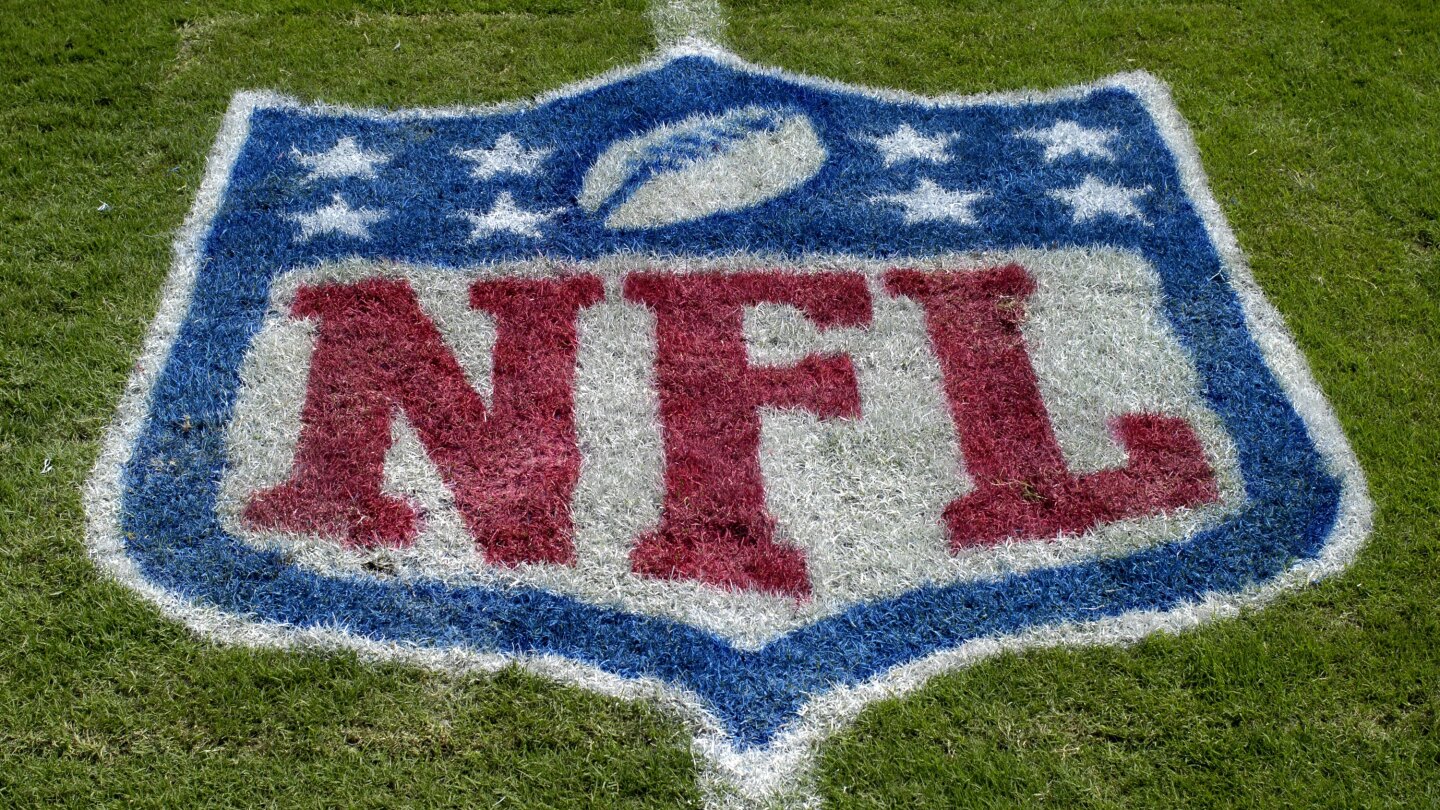Before the NFL opted to return to late-season Saturdays, many wanted to know why the NFL had abandoned those days. Now that the NFL will return in 2014 to Saturday with a late-season double-header on December 20, some are asking why the NFL doesn’t play on Saturdays more often.
The answer comes from the league’s antitrust exemption. Crafted by Congress in 1961 after a court decision determined that the practice of selling TV rights for the entire league violates antitrust laws, the Sports Broadcasting Act has a key caveat for the NFL -- no games can be televised on Friday nights or Saturdays from the second Friday in September until the second Saturday in December.
By steering clear of those Friday nights and Saturdays (in deference to high school and college football), the various NFL teams can bundle their TV rights, compelling a network that wants to televise the popular teams to also televise the unpopular teams. Without the ability to circumvent the antitrust laws, which otherwise would prohibit different businesses from coming together this way, the Cowboys (for example) would be cutting their own billion-dollar TV deal -- and the teams without strong national followings in smaller markets would be relegated to the scraps.
The cost of parity, then, is to avoid Fridays and Saturdays from early September to early December. It’s a small price to pay for a league in which every team has plausible hope in any given year to make it to the playoffs, and to win the Super Bowl.

